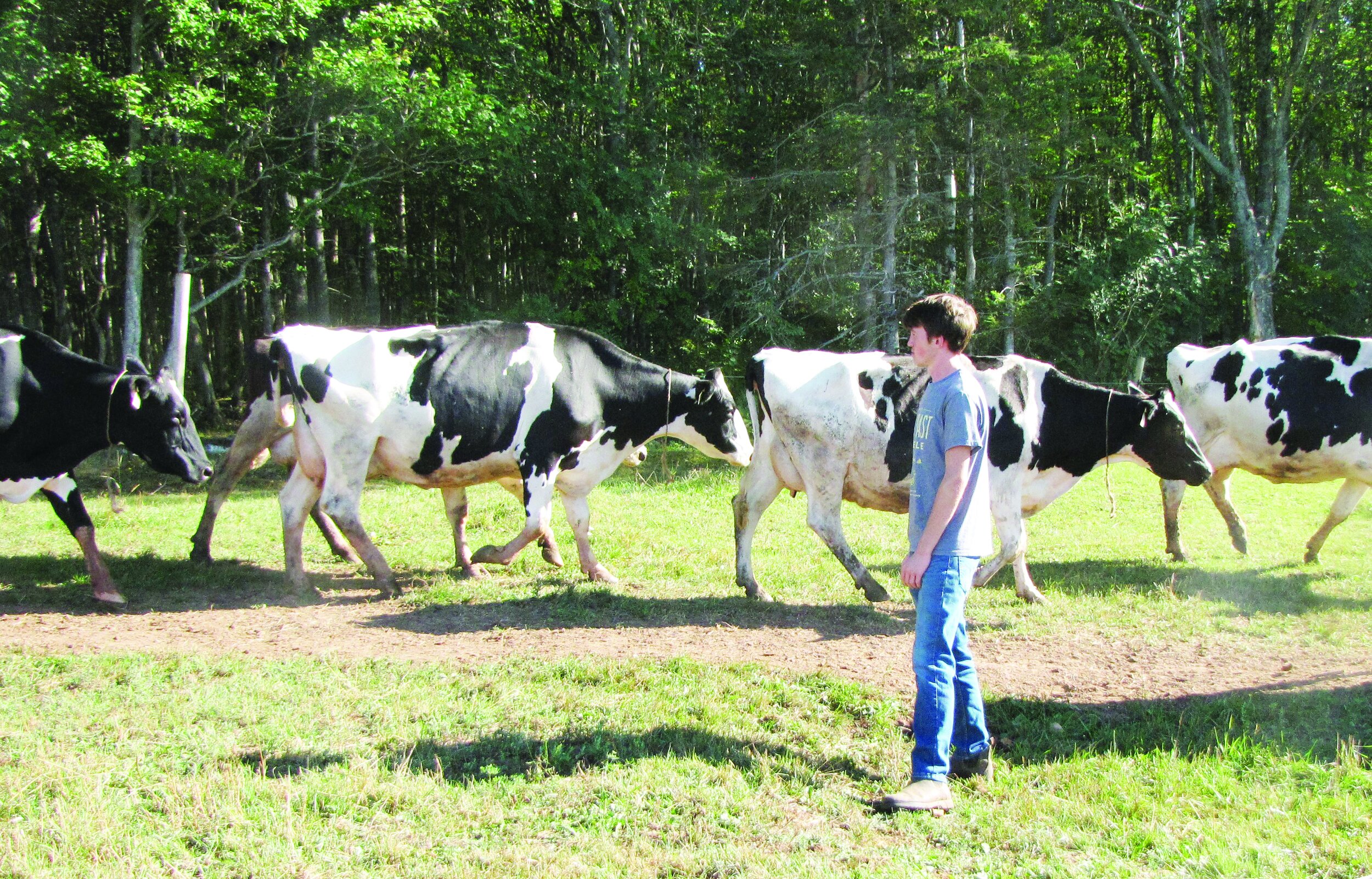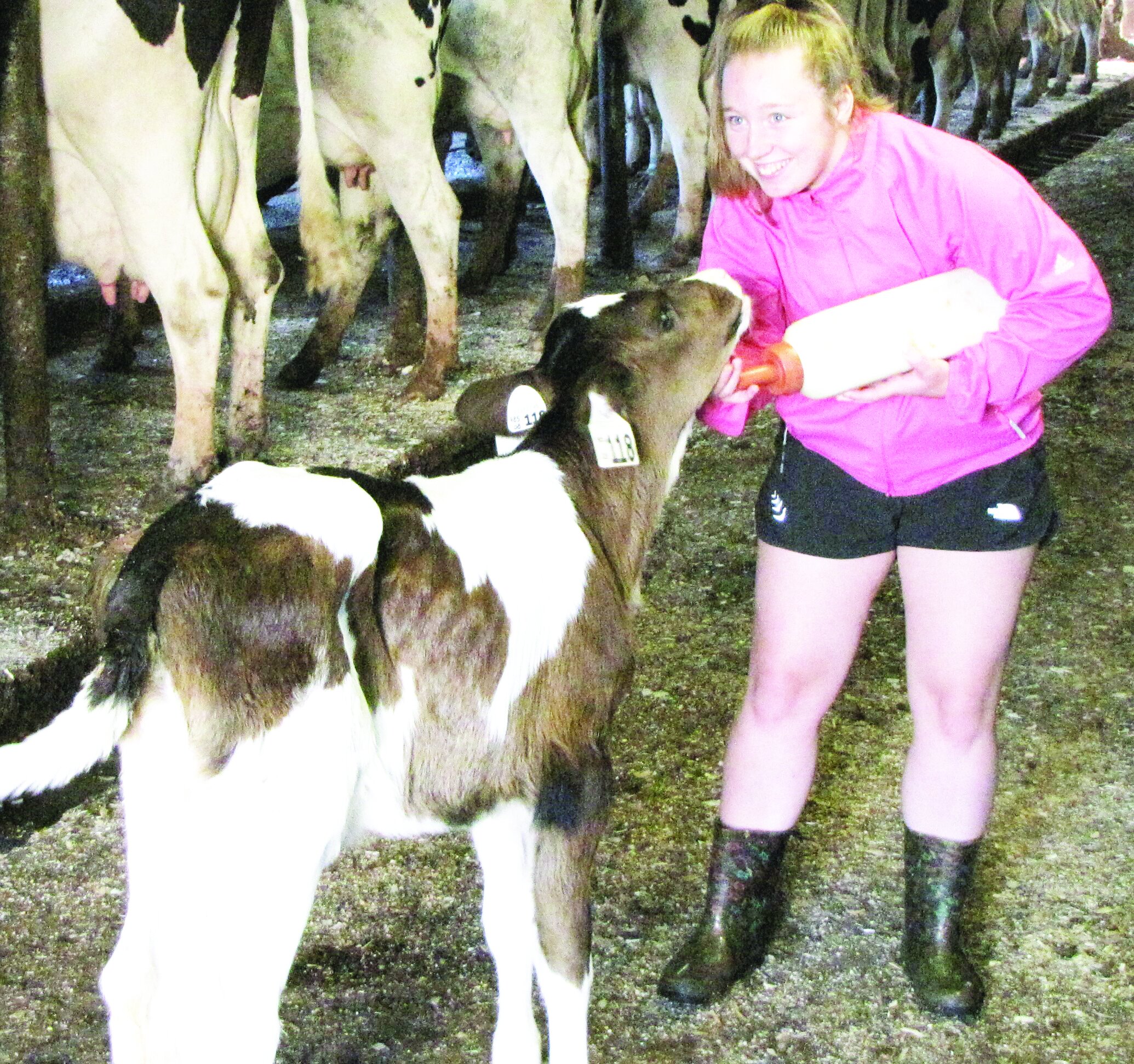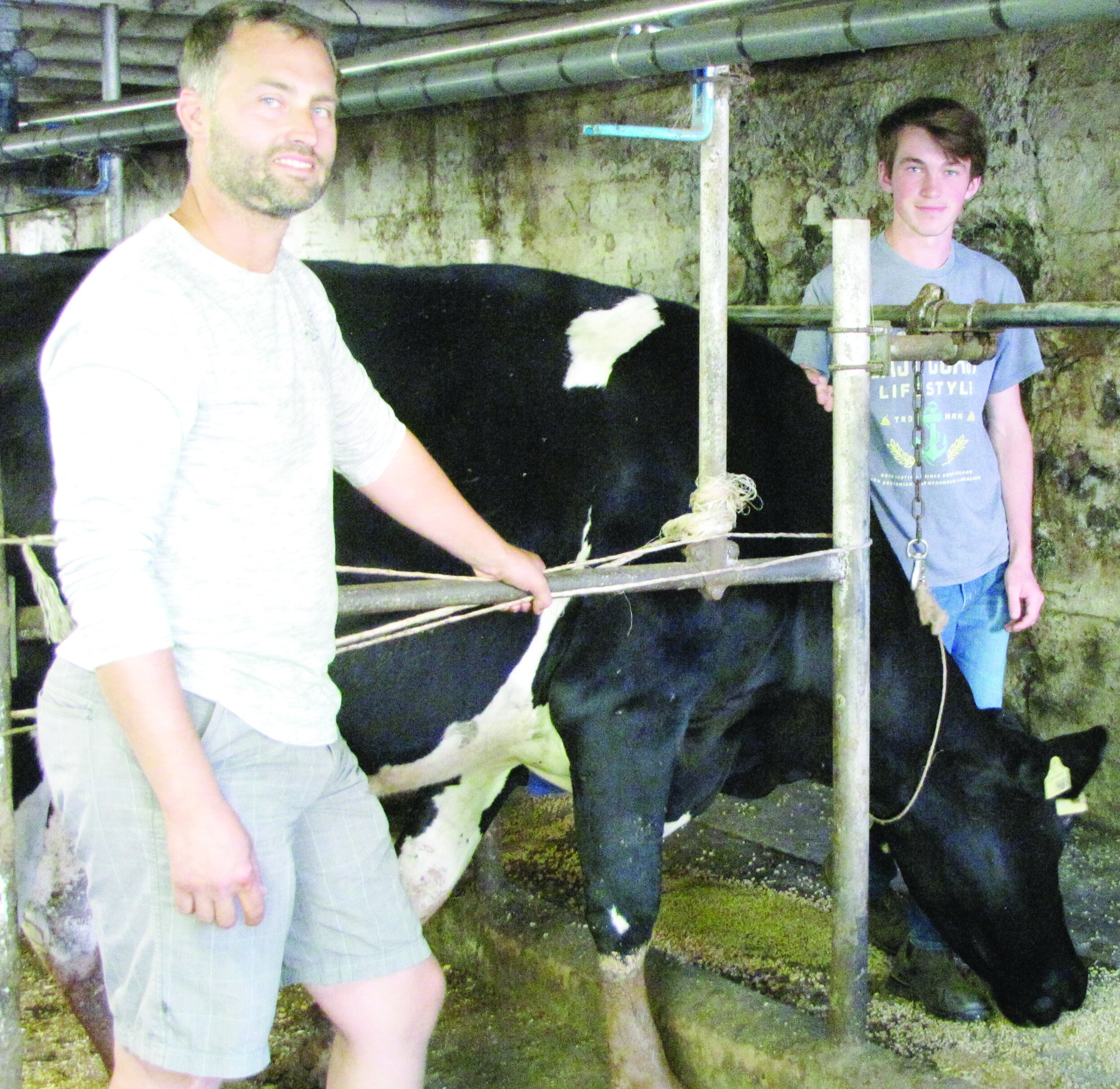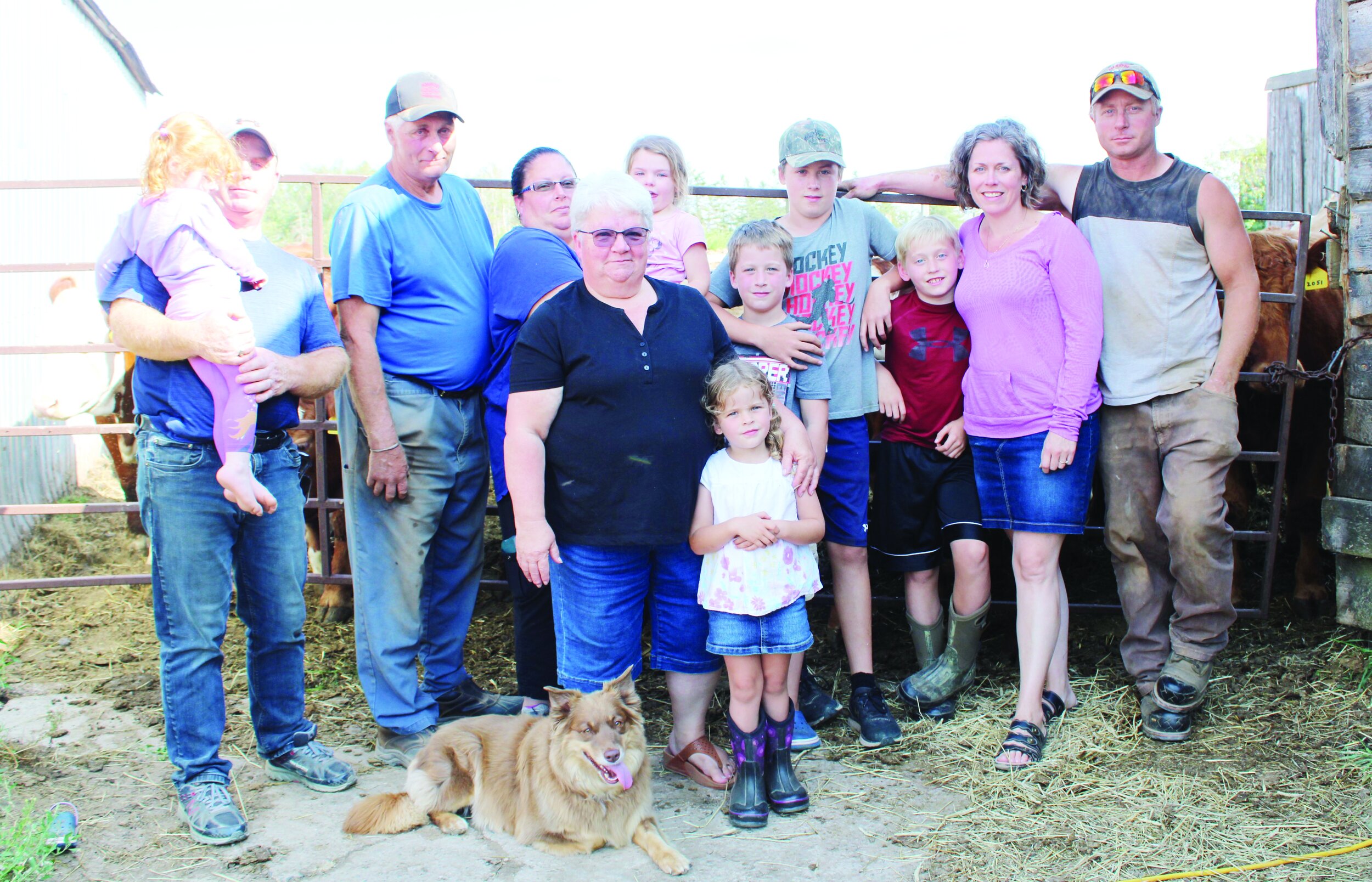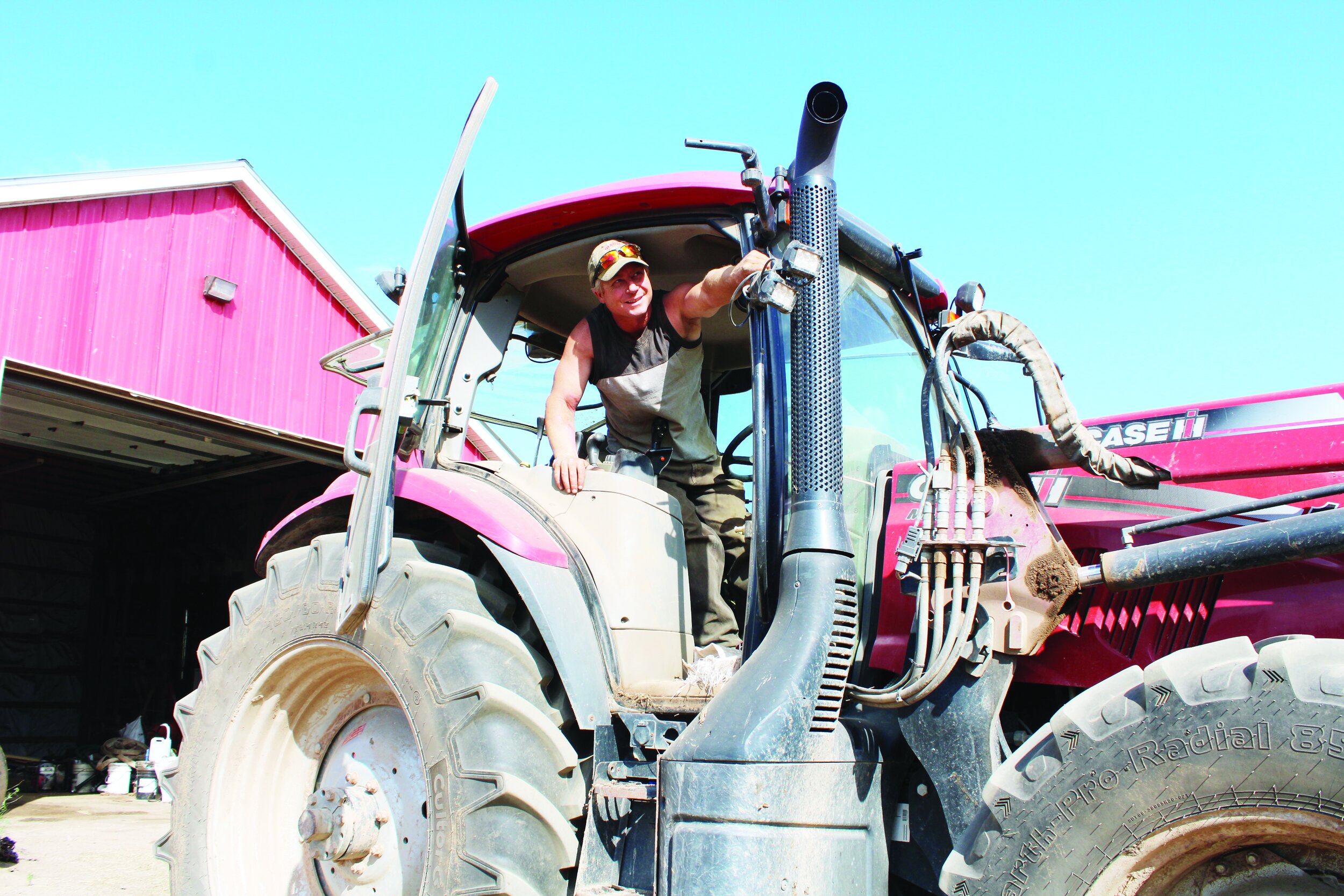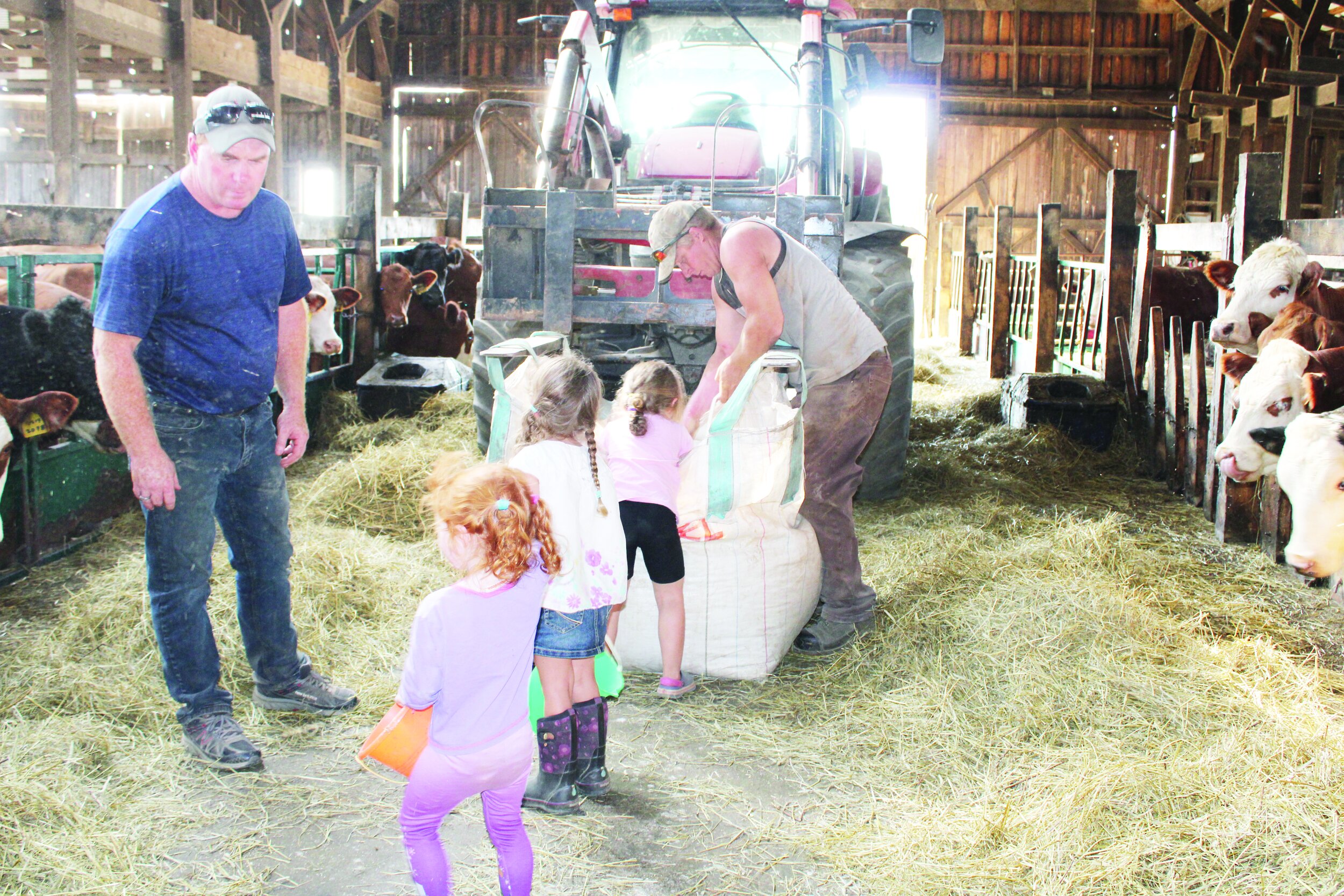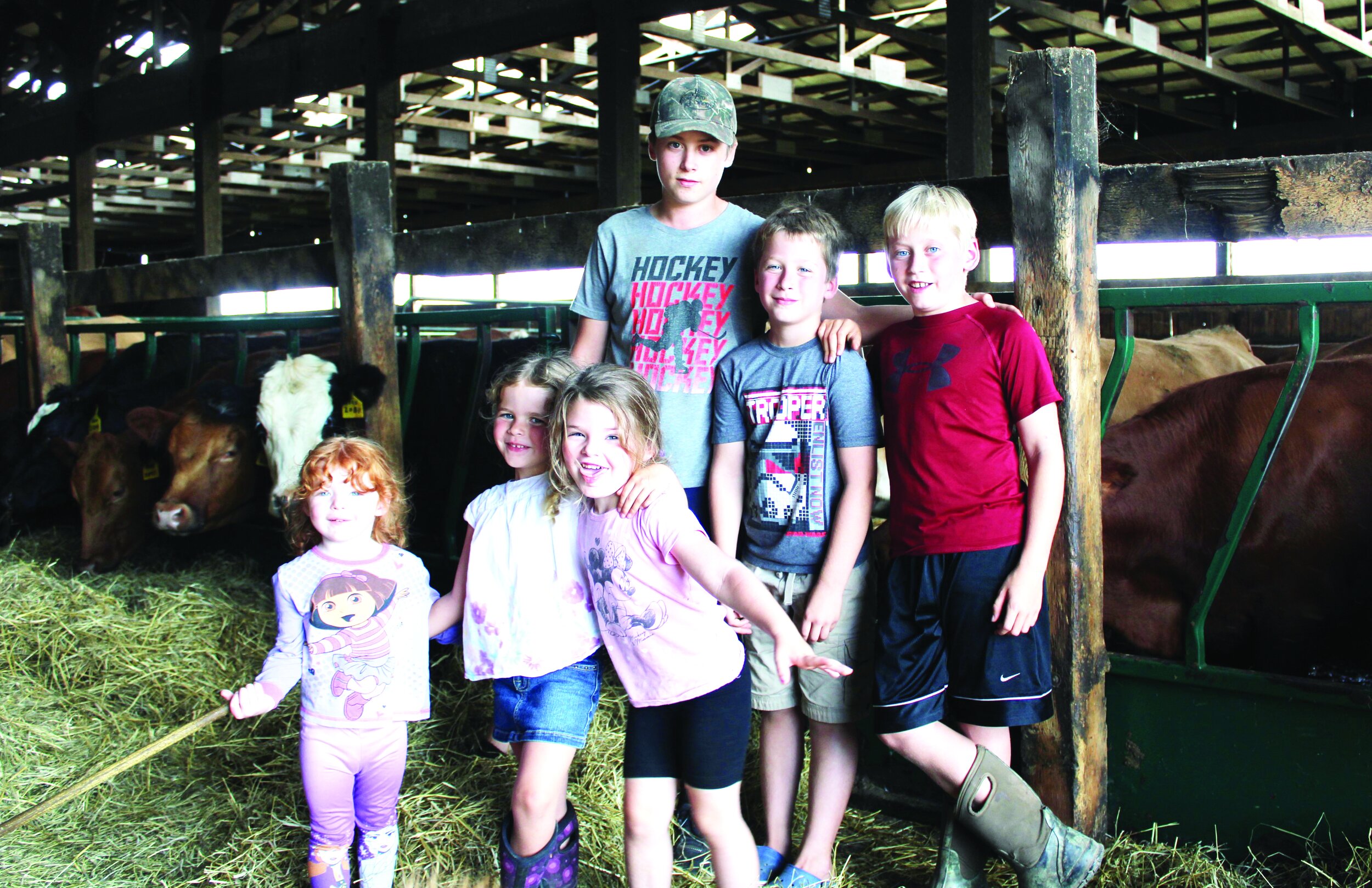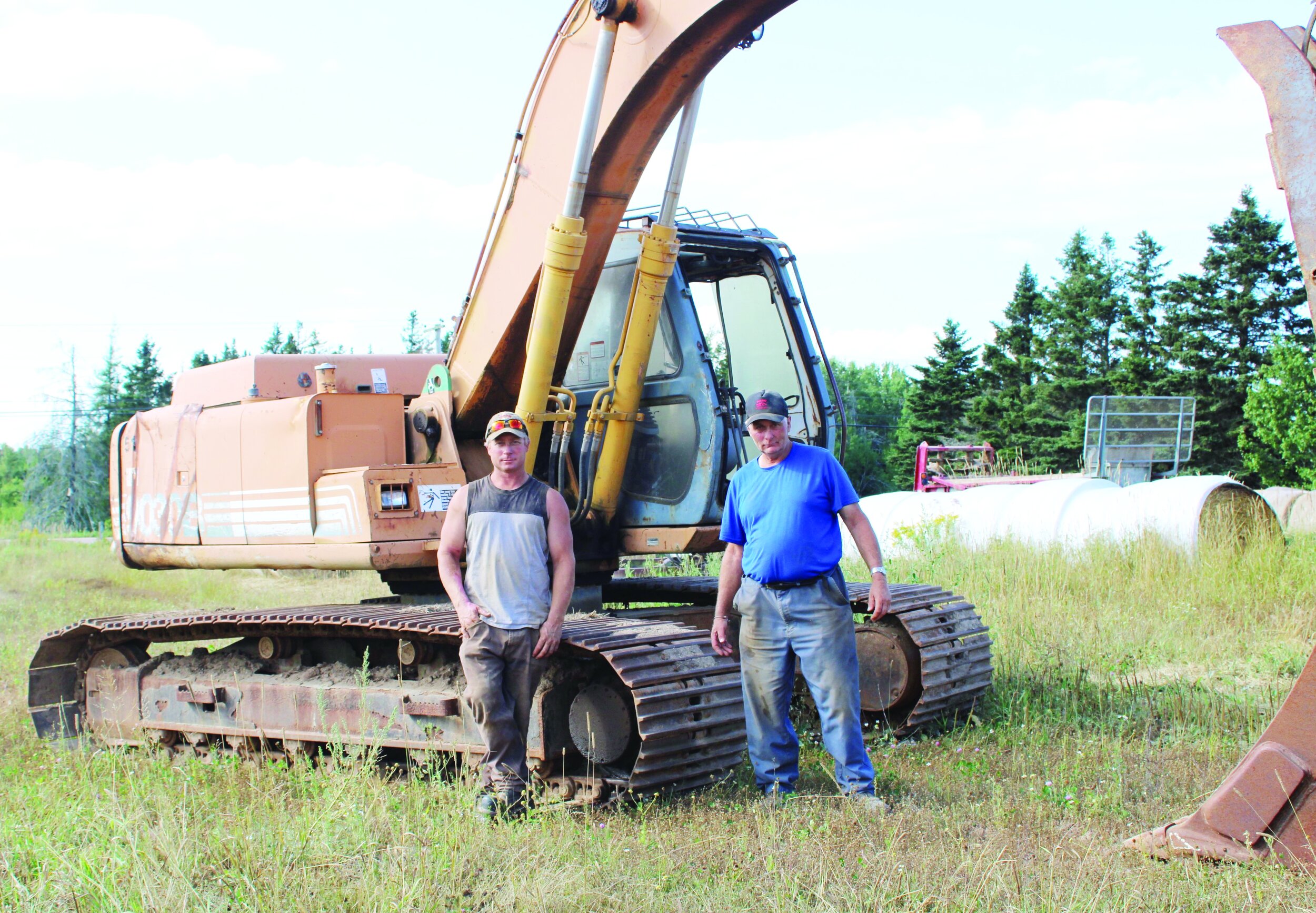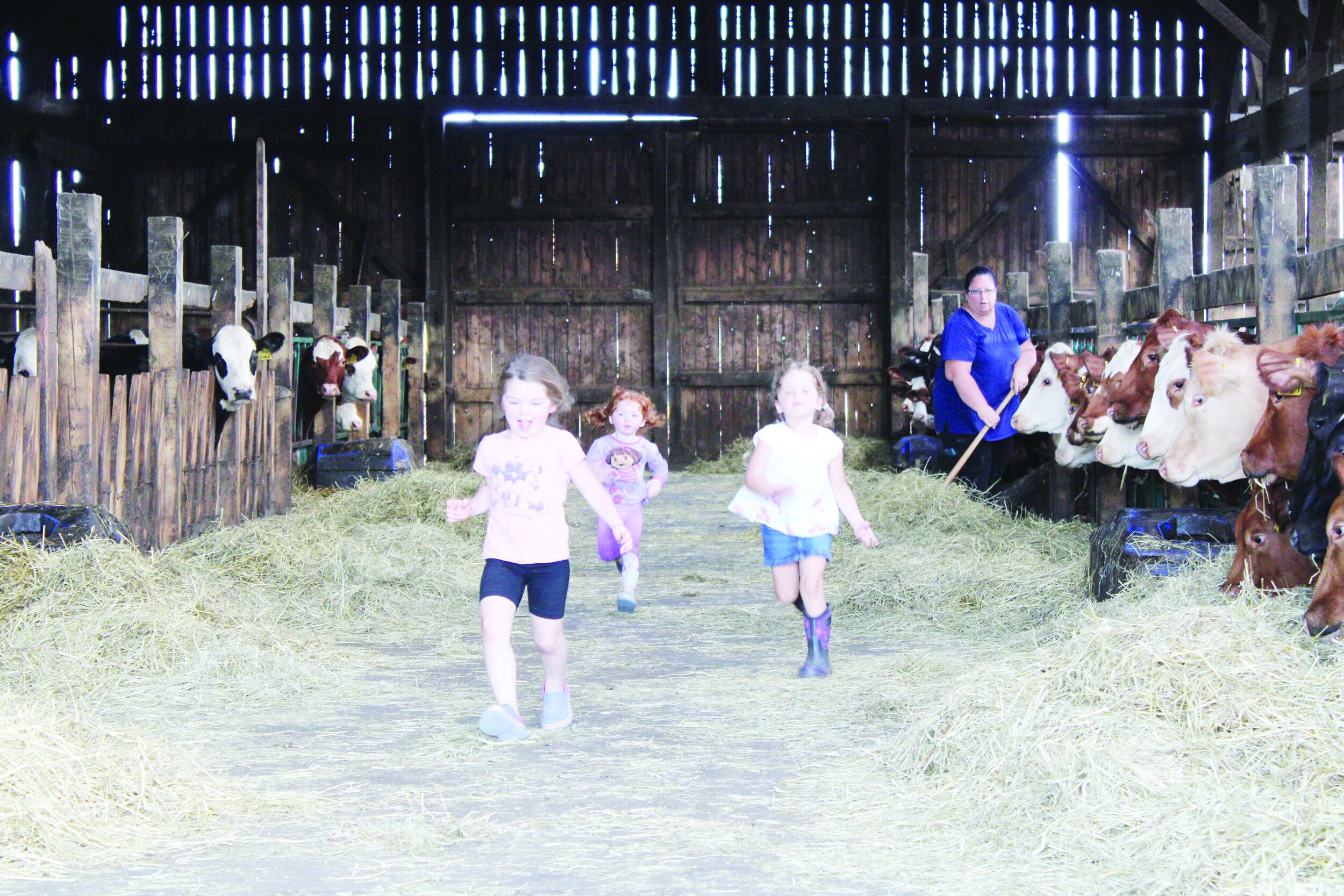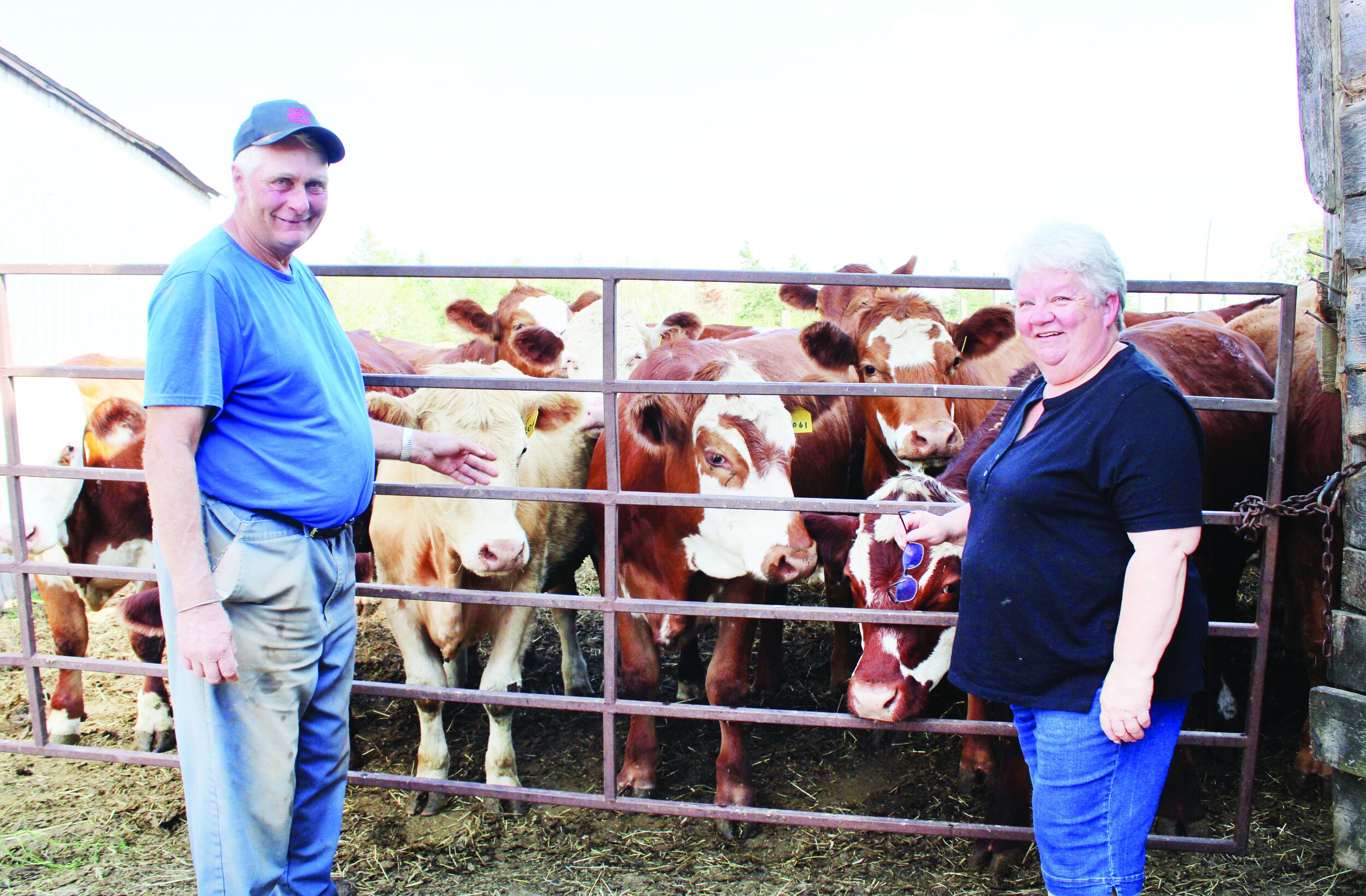Many more P.E.I. students doing farm work during pandemic
/by Kathy Birt
The number of students taking advantage of P.E.I. Farm Team bursaries – which are for Island students who work on farms during the summer – jumped considerably this year compared to last year.
“We expected a capacity of 250 and that cap was not quite reached,” said Jordan Bober, the P.E.I. Farm Team program coordinator, recently. “But it was doubled from (the 70 we had) last year, if not closer to 200.”
The P.E.I. Farm Team is a joint project involving the P.E.I. Federation of Agriculture (PEIFA), the P.E.I. Agriculture Sector Council (PEIASC), and Skills P.E.I. This spring, as the pandemic’s impacts began being felt, it was announced that the bursaries were being increased from $500 to $1,000 for those in grades 10 and 11 and from $1,000 to $2,000 for those entering post-secondary education.
The bursaries are paid for by farmers and the provincial and federal governments.
PEIASC executive director Laurie Loane said one reason that more students were available for farm work this year was because employers in other sectors were hiring fewer students due to the pandemic.
“Students that were supposed to be hired for certain jobs were being told those jobs were on hold,” said Loane.
She also pointed out that international students who were unable to go home due to COVID-19 were looking for work.
Farmers call Loane about applying for the bursary program and she sets the wheels in motion.
“The farmers fill out an application and send it back,” said Loane. “The farmer pays better than minimum wage and then 25 percent of that bursary.”
She said that’s a considerable investment for the farmer.
“That is how much our farmers want to see our students enjoying working on farms and hopefully ending up with a career in agriculture,” said Loane.
“We developed a Facebook page and ran paid ads to target students directly,” said Bober of efforts to generate interest in the bursary program, adding that Skills P.E.I. processes the applications and administers the bursaries. “It’s my job to do the promotional work and answer all questions.”
Participants fill out an evaluation survey at the end of the work placements. “We use that to determine how the program will run in the future,” said Bober.
Getting the right students is crucial to farmers such as Ryan Weeks, a fourth-generation dairy farmer in Pleasant Valley. Weeks took on two students this summer, one of whom was 18-year-old Ben Schurman of Kensington, who starts this month studying biology – including pre-vet courses – at UPEI.
“Ben works mornings and evenings,” said Weeks, noting that agriculture is a great base for students to figure out what they want to do in life and that agriculture doesn’t start and stop at the farm gate.
“We need people working in the fertilizer field, nutrition, plant and animal science, and even people in financial institutes who specialize in agriculture,” he said, adding that the bursary program helps students gain insight into those career opportunities.
“The Agriculture Sector Council is great at championing awareness of jobs in agriculture,” said Weeks. “With this program, the students are getting pre-employment training.”
For Schurman – who grew up around a greenhouse and hog operation – working on the Weeks dairy farm is giving him new options. He began working on the farm in June and found he enjoys feeding and milking the cows.
“I prefer the cows to 12 hours on a hot tractor,” said Schurman. “Using the milking machine each day means you can only get good at it.”
“He seems to have found a niche,” said Weeks, adding that the help has allowed him to concentrate on other jobs such as breeding, making silage, and spraying. “By relinquishing the milking and feeding responsibilities onto Ben, I’m free to do these other jobs.”
Schurman arrives at the farm at 7 a.m. to do the feeding and milking, he’s off from about 11:30 a.m. to 5 p.m., and then he comes back to get the cows fed and milked again in the evening.
He said he’d like to continue working weekends on the Weeks farm during the upcoming academic year.
Kara Stewart of Summerside is the other student working on the Weeks farm this summer. She’s studying psychology at UPEI and is considering a minor in foods and nutrition. She’s new to farm work.
“I spent the last two years working part time in a greenhouse and really liked it, so was leaning toward working on a farm,” she said.
Stewart said that her grandparents have a hobby farm with a couple of cows and that her new farm experience is giving her plenty to talk about with them. “I really love working with the cows and I’m now taking an elective course in animal biology,” she said.
She had high praise for Weeks for taking on two students for the summer.
“It’s a wonderful opportunity and I’m now keeping my options open,” said Stewart. “I didn’t know I would enjoy the farm work so much.”
